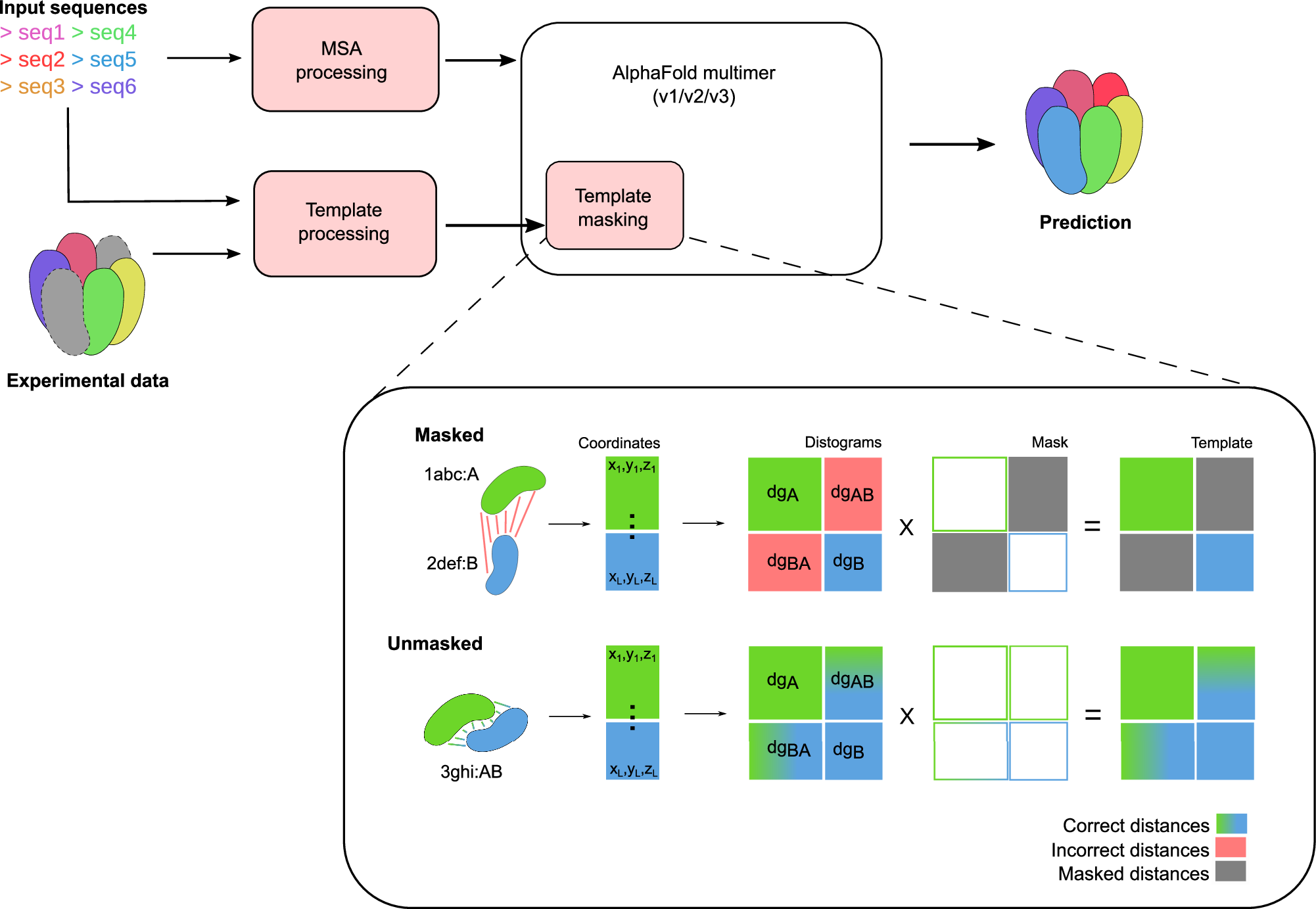2024-11-04 ジョージア大学 (UGA)
<関連情報>
- https://news.uga.edu/fish-oil-protects-against-cancer/
- https://onlinelibrary.wiley.com/doi/10.1002/ijc.35226
- https://journals.plos.org/plosgenetics/article?id=10.1371/journal.pgen.1009431
全体と19部位特異的癌と血漿オメガ6とオメガ3脂肪酸の関連性: 英国バイオバンクにおける集団ベースのコホート研究 Associations of plasma omega-6 and omega-3 fatty acids with overall and 19 site-specific cancers: A population-based cohort study in UK Biobank
Yuchen Zhang, Yitang Sun, Suhang Song, Nikhil K. Khankari, J. Thomas Brenna, Ye Shen, Kaixiong Ye
International Journal of Cancer Published: 17 October 2024
DOI:https://doi.org/10.1002/ijc.35226
Abstract
Previous epidemiological studies on the associations between polyunsaturated fatty acids (PUFAs) and cancer incidence have been inconsistent. We investigated the associations of plasma omega-3 and omega-6 PUFAs with the incidence of overall and 19 site-specific cancers in a large prospective cohort. 253,138 eligible UK Biobank participants were included in our study. With a mean follow-up of 12.9 years, 29,838 participants were diagnosed with cancer. The plasma levels of omega-3 and omega-6 PUFAs were expressed as percentages of total fatty acids (omega-3% and omega-6%). In our main models, both omega-6% and omega-3% were inversely associated with overall cancer incidence (HR per SD = 0.98, 95% CI = 0.96–0.99; HR per SD = 0.99, 95% CI = 0.97–1.00; respectively). Of the 19 site-specific cancers available, 14 were associated with omega-6% and five with omega-3%, all indicating inverse associations, with the exception that prostate cancer was positively associated with omega-3% (HR per SD = 1.03, 95% CI = 1.01–1.05). Our population-based cohort study in UK Biobank indicates small inverse associations of plasma omega-6 and omega-3 PUFAs with the incidence of overall and most site-specific cancers, although there are notable exceptions, such as prostate cancer.
What’s New?
Polyunsaturated fatty acids have been postulated to influence cancer incidence and survival, but epidemiological evidence remains inconclusive. This study leverages the extensive data from the UK Biobank to provide a robust analysis of the plasma levels of omega-3 and omega-6 and their ratio with the incidence of overall and 19 site-specific cancers. Findings indicate inverse associations of both polyunsaturated fatty acids with overall cancer risk. Notably, 14 site-specific cancers were associated with omega-6 and five with omega-3 levels, all exhibiting protective associations, except that prostate cancer was positively associated with omega-3 levels.

81,246人を対象とした脂質形質に対する魚油補給のゲノムワイド関連研究により、新たな遺伝子-食事相互作用遺伝子座が明らかになった Genome-wide association study of fish oil supplementation on lipid traits in 81,246 individuals reveals new gene-diet interaction loci
Michael Francis,Changwei Li,Yitang Sun,Jingqi Zhou,Xiang Li,J. Thomas Brenna,Kaixiong Ye
PLOS Genetics Published: March 24, 2021
DOI:https://doi.org/10.1371/journal.pgen.1009431
Correction
18 Apr 2023: Francis M, Li C, Sun Y, Zhou J, Li X, et al. (2023) Correction: Genome-wide association study of fish oil supplementation on lipid traits in 81,246 individuals reveals new gene-diet interaction loci. PLOS Genetics 19(4): e1010735. https://doi.org/10.1371/journal.pgen.1010735 View correction
Abstract
Fish oil supplementation is widely used for reducing serum triglycerides (TAGs) but has mixed effects on other circulating cardiovascular biomarkers. Many genetic polymorphisms have been associated with blood lipids, including high- and low-density-lipoprotein cholesterol (HDL-C, LDL-C), total cholesterol, and TAGs. Here, the gene-diet interaction effects of fish oil supplementation on these lipids were analyzed in a discovery cohort of up to 73,962 UK Biobank participants, using a 1-degree-of-freedom (1df) test for interaction effects and a 2-degrees-of-freedom (2df) test to jointly analyze interaction and main effects. Associations with P < 1×10-6 in either test (26,157; 18,300 unique variants) were advanced to replication in up to 7,284 participants from the Atherosclerosis Risk in Communities (ARIC) Study. Replicated associations reaching 1df P < 0.05 (2,175; 1,763 unique variants) were used in meta-analyses. We found 13 replicated and 159 non-replicated (UK Biobank only) loci with significant 2df joint tests that were predominantly driven by main effects and have been previously reported. Four novel interaction loci were identified with 1df P < 5×10-8 in meta-analysis. The lead variant in the GJB6–GJB2–GJA3 gene cluster, rs112803755 (A>G; minor allele frequency = 0.041), shows exclusively interaction effects. The minor allele is significantly associated with decreased TAGs in individuals with fish oil supplementation, but with increased TAGs in those without supplementation. This locus is significantly associated with higher GJB2 expression of connexin 26 in adipose tissue; connexin activity is known to change upon exposure to omega-3 fatty acids. Significant interaction effects were also found in three other loci in the genes SLC12A3 (HDL-C), ABCA6 (LDL-C), and MLXIPL (LDL-C), but highly significant main effects are also present. Our study identifies novel gene-diet interaction effects for four genetic loci, whose effects on blood lipids are modified by fish oil supplementation. These findings highlight the need and possibility for personalized nutrition.
Author summary
We utilized the unprecedentedly large genotype and phenotype dataset in the UK Biobank to perform a genome-wide association study (GWAS) which accounts for the interplay between genotype and dietary intake. We examined the interaction effects of fish oil supplementation on levels of blood lipids (LDL-C, HDL-C, TAGs, and total cholesterol). Our findings were replicated in the Atherosclerosis Risk in Communities (ARIC) Study. We found that at the genetic variant rs112803755 (A>G), the minor allele (G) is associated with a decrease in TAGs among individuals with fish oil supplementation, but is associated with an increase in TAGs among those without supplementation. In other words, only individuals carrying the minor allele benefit from fish oil supplementation in reducing TAG levels. We further analyzed rs112803755 with functional genomics data from the Genotype-Tissue Expression (GTEx) project to identify potential target genes, and found a connexin coding gene which has been previously reported to respond to cellular omega-3 levels. This research suggests that inter-personal variation in TAG response to fish oil supplementation is in part explained by genotype, and that fish oil dose adjustment based on genotype should be investigated as a means to protect against cardiovascular disease risk.


